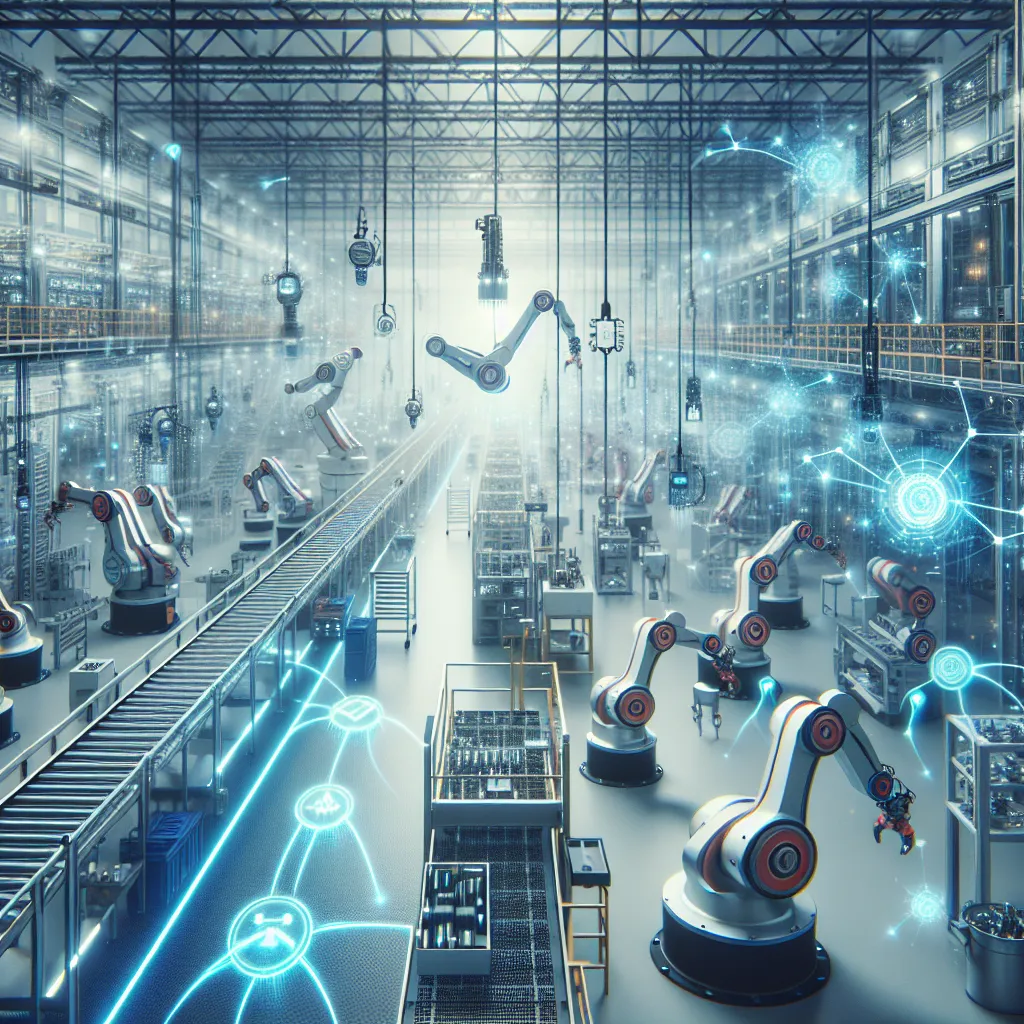The article provides a comprehensive overview of the impact of increasing global trade and complex supply chains on freight forwarding operations. It highlights the challenges faced by freight forwarders, such as managing diverse routes, navigating through variations in customs regulations, and dealing with the dynamic nature of global trade agreements and geopolitical factors. The need for technological innovation, strategic partnerships, and a deep understanding of the intricate global trade landscape is emphasized as essential for addressing these challenges. Furthermore, the role of technology integration and automation in addressing operational challenges in freight forwarding is explored, focusing on the improved efficiency, accuracy, real-time tracking, and compliance standards. The article concludes by emphasizing the necessity of adapting to these challenges through a combination of technology, strategic partnerships, and understanding the modern supply chain landscape. Readers are encouraged to dive into the full article to gain a deeper understanding of the strategies and solutions available for navigating the complexities of global trade and supply chains in the freight forwarding industry.
Month: May 2023

Revolutionizing Industrial Efficiency: Cutting-Edge Solutions
The article explores the transformative impact of Smart Manufacturing and its emphasis on harnessing the Industrial IoT to revolutionize industrial efficiency. It highlights the seamless connectivity and real-time insights offered by IoT technologies, enabling intelligent automation and proactive decision-making. Furthermore, the integration of robotics and automation systems is presented as pivotal in streamlining operations, optimizing productivity, and enhancing workplace safety. The article also emphasizes the role of data analytics in providing valuable insights, enabling predictive maintenance, and optimizing supply chain management to achieve cost savings and improve performance. Overall, the article delves into the key technologies driving a paradigm shift in industrial efficiency, making it a compelling read for those interested in leveraging cutting-edge solutions for operational optimization.

The Impact of Technology on Courier Services
In recent years, technology has profoundly revolutionized the courier industry, introducing innovations such as advanced tracking systems, route optimization algorithms, and automated sorting processes. These advancements have led to improved customer experiences, streamlined operations, and increased efficiency within the industry. The integration of GPS tracking, barcoding, and sophisticated software systems has provided customers with real-time updates on their packages, enhancing transparency and supply chain management. Furthermore, the implementation of automation and robotics has accelerated package processing, reduced human error, and contributed to faster turnaround times. Additionally, data analytics and predictive algorithms have optimized delivery routes, resulting in significant cost savings and reduced fuel consumption. Overall, technology has ushered in a new era of efficiency, reliability, and environmental sustainability in courier services, and its continuous advancement promises further innovations for the industry.

The Impact of AI on Customer Service
The article “Enhancing Customer Experience Through AI in Customer Service” explores the significant impact of Artificial Intelligence (AI) on revolutionizing customer service. AI integration is shown to optimize efficiency and lead to more personalized customer interactions, resulting in enhanced satisfaction and loyalty. This is achieved through AI-powered chatbots, which offer 24/7 support with immediate responses, leveraging natural language processing and machine learning. Additionally, AI enables businesses to analyze vast customer data, providing personalized interactions and automating repetitive tasks, thus allowing human agents to focus on more intricate customer needs. Overall, the integration of AI in customer service has proven to be instrumental in improving customer support, fostering stronger relationships, and driving business growth.

The Evolution of Digital Marketing Services
The article addresses the transformative shift towards data-driven marketing strategies, emphasizing the increased availability of consumer data and advanced analytics tools. It highlights the ability of data-driven strategies to create targeted and personalized campaigns by leveraging various data sources. The emergence of new technologies and platforms, such as CRM systems and marketing automation tools, is also discussed as essential components of modern data-driven marketing. Furthermore, the impact of AI and automation in digital advertising is explored, focusing on their role in analyzing consumer behavior, streamlining ad placement, and enabling programmatic advertising. The article concludes by emphasizing the game-changing impact of AI and automation in digital advertising for creating personalized campaigns, optimizing ad placement, and leveraging data-driven insights, ultimately shaping the future of marketing. The ethical challenges and transparency concerns in influencer marketing are also briefly introduced, enticing readers to explore the broader implications of digital marketing in the full article.

Sustainability Challenges in Last-Mile Delivery Services
The article delves into the environmental impact of last-mile delivery services, highlighting the surge in carbon emissions and traffic congestion due to the rapid growth of e-commerce. It emphasizes the role of traditional fossil fuel-powered vehicles and packaging materials in contributing to environmental degradation, while also shedding light on the exploration of sustainable alternatives such as electric and hybrid vehicles, cargo bikes, and drones. The narration emphasizes the use of route optimization algorithms, consolidation of deliveries, and sustainable packaging practices in mitigating the industry’s environmental footprint. The article encourages readers to explore how the industry can adopt innovative technologies and sustainable practices to move towards a more environmentally friendly and sustainable model of last-mile delivery, making it a compelling read for those interested in the intersection of logistics and environmental sustainability.

